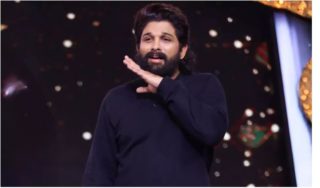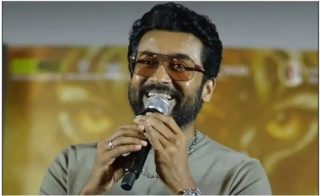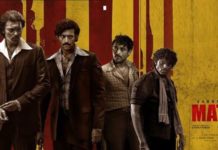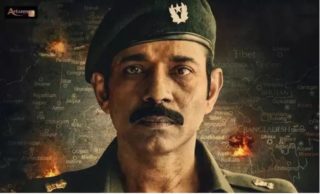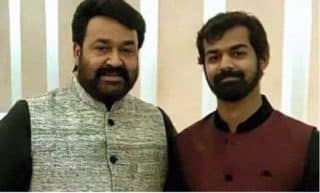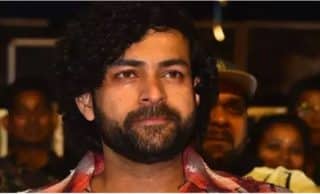
The phenomenal success of “Hanu-Man” can be attributed not only to its superhero-mythology blend but also to its immersive visual world, Anjanadri. This fictional space, meticulously crafted by art director T. Nagendra, played a crucial role in captivating audiences.
Nagendra’s collaboration with director Prasanth Varma, fostered through previous projects like “Kalki” and “Zombie Reddy,” proved crucial in translating Varma’s vision into reality. Their shared understanding and Varma’s background in visual effects facilitated the creation of Anjanadri.
Nagendra revealed the extensive efforts behind creating this fictional world. A dedicated set was constructed to bring Anjanadri to life, and Nagendra credits Varma’s vision as a guiding force. He mentioned several iterations of designs for key elements like the “Rudhira Mani,” reflecting the commitment to finding the perfect visual representation.
Interestingly, even scenes set in Mumbai were shot in Hyderabad on specially designed sets, showcasing the meticulous planning and execution. Nagendra’s artistry is evident in the grand Hanuman statue and the village nestled amidst the five elements, creating a visually stunning and coherent environment.
The art direction in “Hanu-Man” has garnered well-deserved praise from various quarters. The film’s success demonstrates the crucial role of world-building in creating immersive cinematic experiences.

